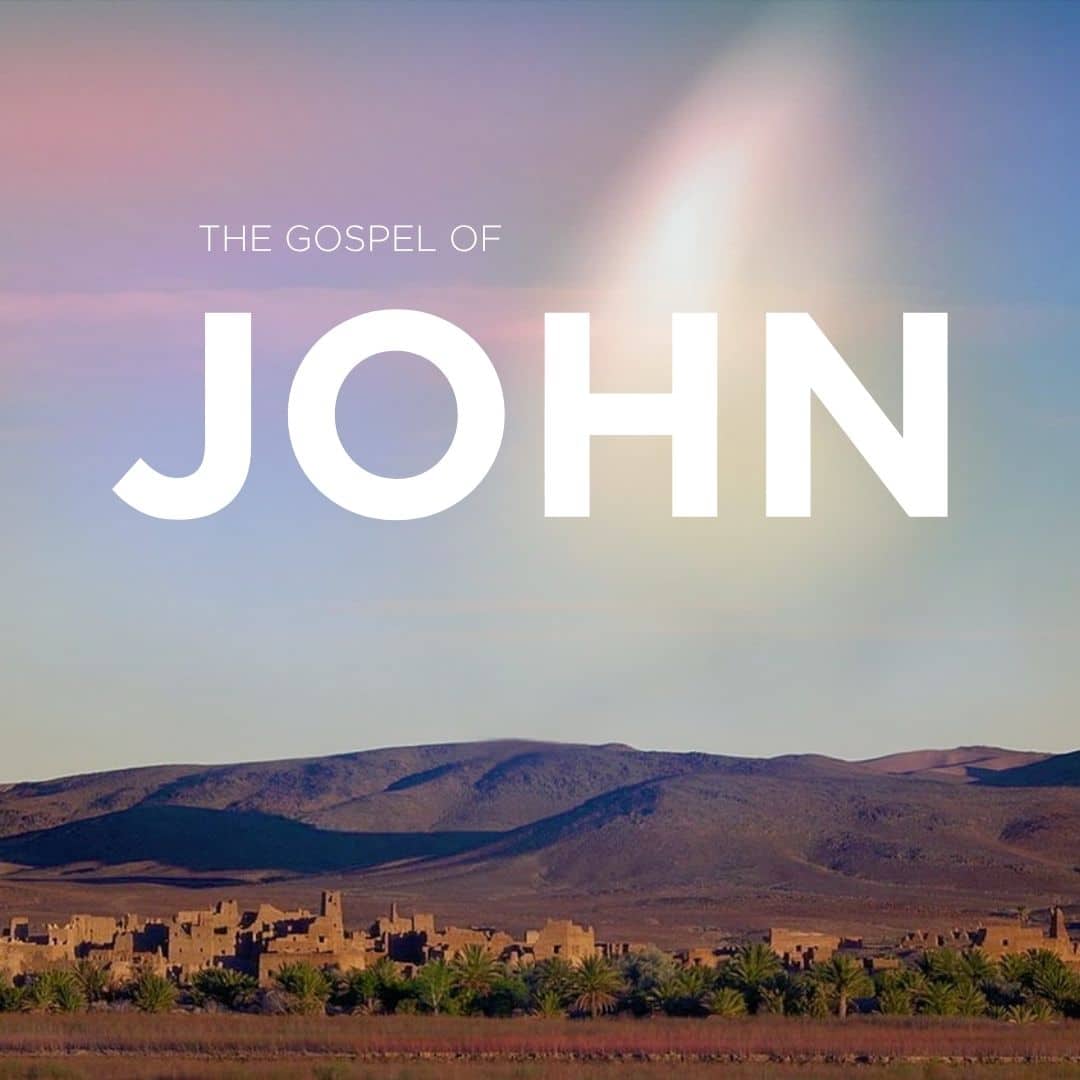Grief and Anger at the Temple
Carolyn Schmitt2025-09-13T11:44:39-06:00When the Passover Feast, celebrated each spring by the Jews, was about to take place, Jesus traveled up to Jerusalem. He found the Temple teeming with people selling cattle and sheep and doves. The [...]


